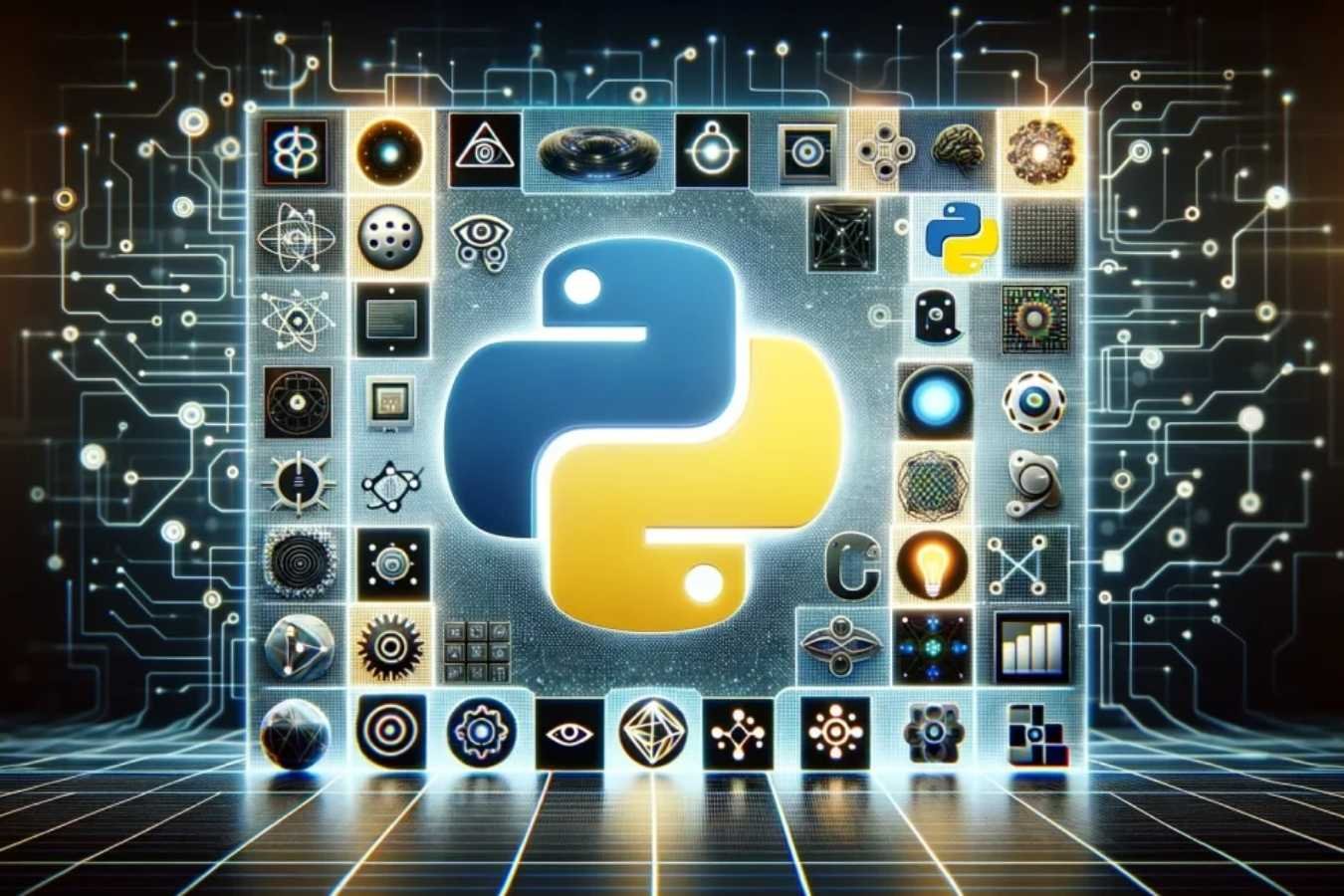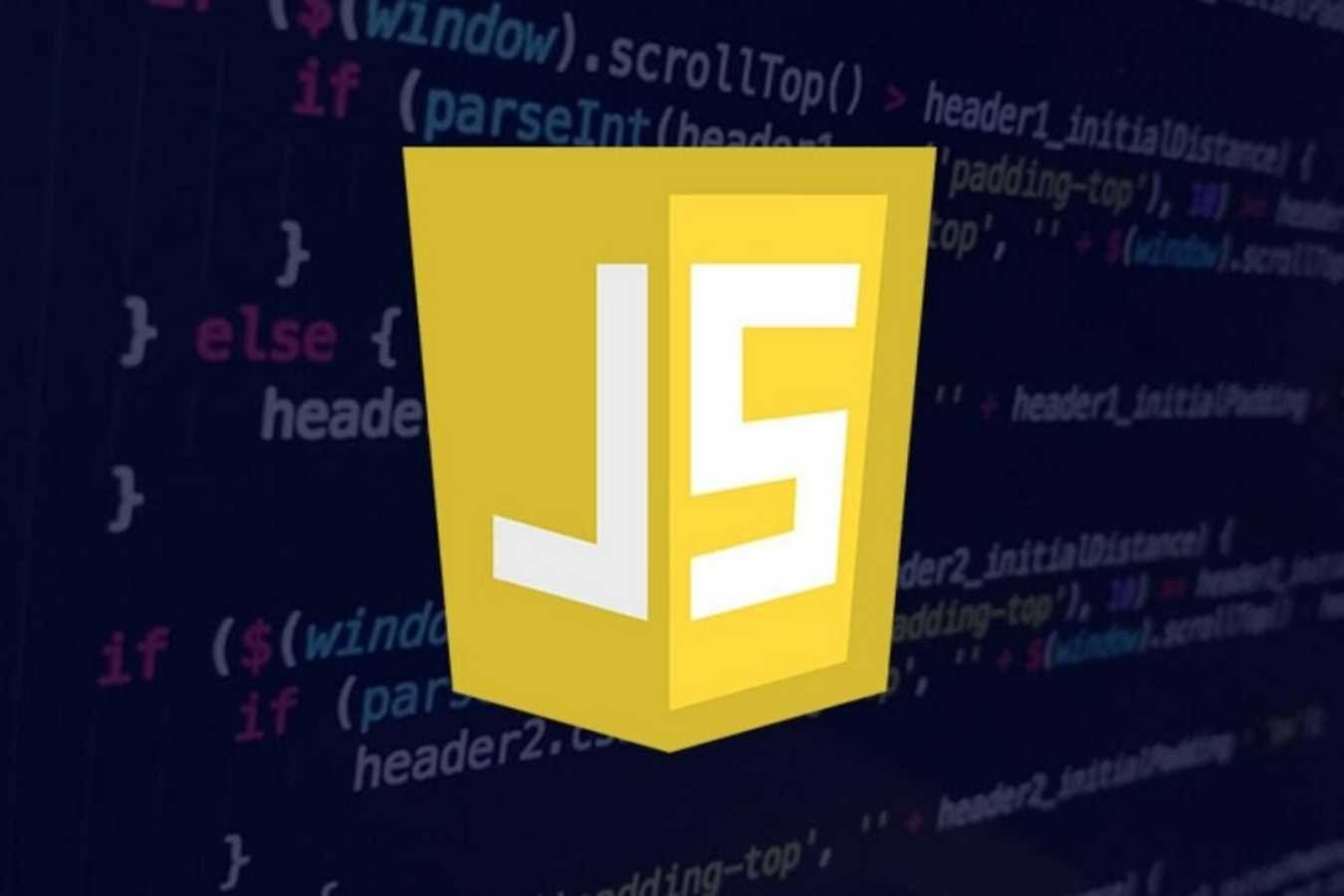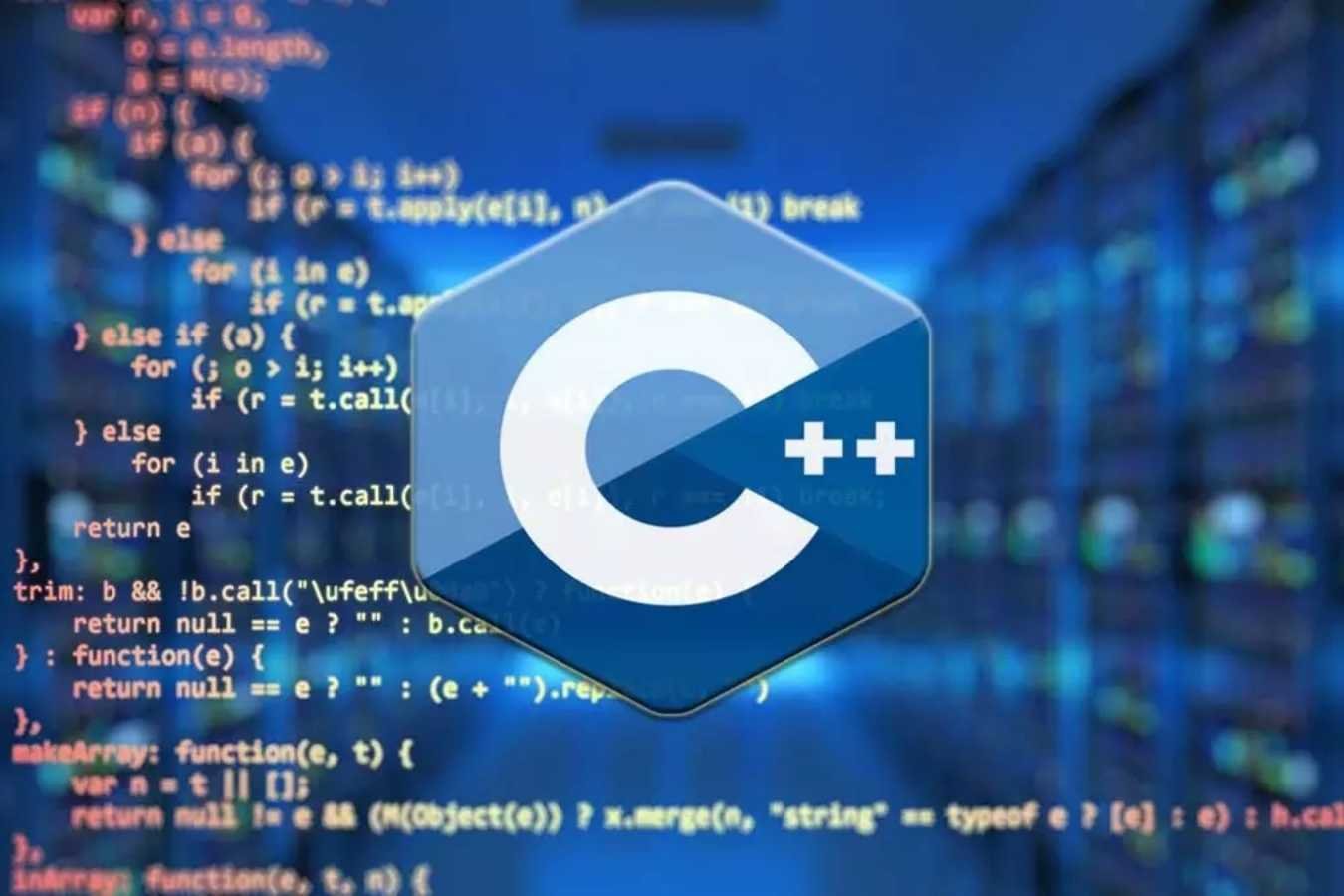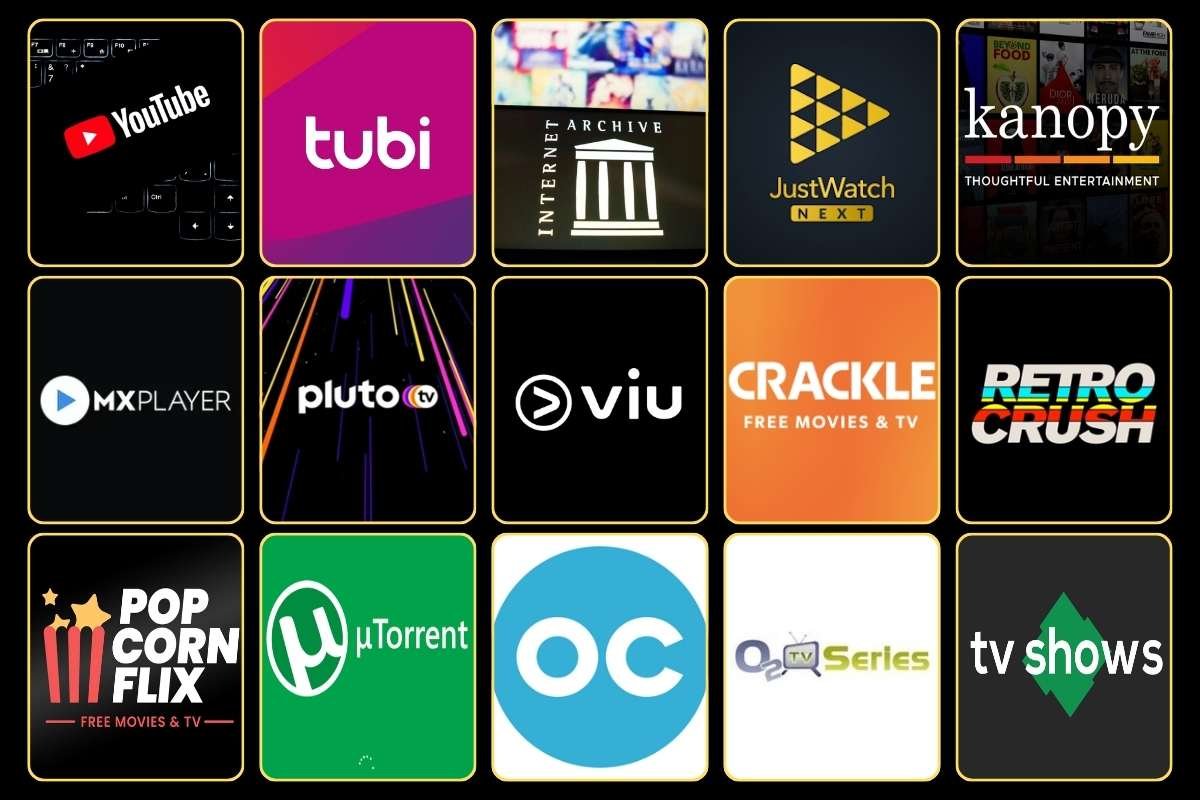In the digital age, programming has become a vital skill for individuals and businesses alike. From building websites to developing mobile applications, programming languages are the foundation of modern technology. For those in India who are looking to pursue a career in IT or upgrade their skills, understanding the differences between various programming languages is crucial. In this article, we’ll perform an in-depth programming languages comparison to help you choose the right one for your needs.
Introduction to Programming Languages
A programming language is essentially a set of instructions that enables computers to perform specific tasks. These languages vary in complexity, purpose, and usability. Some are perfect for beginners, while others are tailored for advanced tasks like data analysis, artificial intelligence (AI), and machine learning (ML).
When making a programming languages comparison, it’s essential to consider factors such as:
- Ease of learning
- Job market demand
- Versatility
- Community support
- Performance and scalability
With India being a global IT hub, the demand for skilled programmers continues to rise. Let’s dive into the programming languages comparison to better understand which language will give you the best career edge.
1. Python: The All-Purpose Giant
Python is one of the most popular programming languages in India and globally. Known for its simplicity and readability, Python is an excellent choice for beginners as well as experienced programmers.
Key Features:
- Ease of Learning: Python’s syntax is straightforward, making it easier for students and professionals in India to pick up.
- Versatility: Whether you’re interested in web development, data science, or AI, Python has libraries and frameworks for almost everything.
- Job Market Demand: In a programming languages comparison, Python stands out due to its massive job market. From startups to tech giants, Indian companies actively seek Python developers.
Where Python Shines in India:

- Web Development (with Django, Flask)
- Data Science (with Pandas, NumPy)
- Artificial Intelligence and Machine Learning (with TensorFlow, PyTorch)
However, Python’s performance may lag compared to languages like C++ or Java in tasks requiring high-speed computation, such as gaming engines or real-time applications.
2. Java: The Enterprise Workhorse
Java has been around for decades and continues to be one of the most sought-after programming languages in India’s enterprise sector. It is used in everything from mobile applications to large-scale enterprise software solutions.
Key Features:
- Platform Independence: Java’s “write once, run anywhere” philosophy makes it ideal for cross-platform applications.
- Robustness: Java is known for its reliability and security, making it a popular choice for large-scale enterprises in India.
- Job Market Demand: A significant portion of Indian companies working in the financial and banking sectors rely heavily on Java for back-end systems.
Where Java Excels:
- Android App Development (with Kotlin integration)
- Enterprise Software
- Cloud-based solutions
In a programming languages comparison, Java may seem more complex than Python due to its detailed syntax, but its robustness and enterprise-level capabilities make it indispensable for many Indian companies.
3. JavaScript: The King of Web Development

JavaScript is the dominant programming language when it comes to front-end web development. Alongside HTML and CSS, JavaScript makes websites interactive and dynamic. For Indian developers focusing on web technologies, JavaScript is a must-learn.
Key Features:
- Full-Stack Development: JavaScript can be used on both the client and server side, thanks to Node.js, making it highly versatile.
- Active Community: With a large Indian and global community of developers, finding solutions to problems is easier.
- Libraries and Frameworks: Popular frameworks like React, Angular, and Vue.js simplify web development tasks.
Where JavaScript Thrives:
- Front-End Web Development
- Full-Stack Web Applications (with Node.js)
- Progressive Web Applications (PWA)
While JavaScript dominates in web development, its scope in fields like data science or AI is limited compared to Python or Java. In a programming languages comparison, JavaScript is ideal for those aiming to specialize in web-based technologies.
4. C++: The Performance Powerhouse
C++ is one of the oldest programming languages and is known for its performance and control over system resources. Although it has a steeper learning curve, C++ is indispensable for tasks requiring low-level hardware interaction or real-time performance.
Key Features:
- Performance: C++ is widely used for applications that require high performance, such as game engines and real-time simulation.
- Memory Management: C++ gives you direct control over memory, making it ideal for resource-constrained systems.
- Cross-Platform Capability: C++ can be used to develop applications across various platforms, including Windows, Linux, and macOS.
Where C++ Stands Out:

- Game Development
- System Software (Operating Systems, Compilers)
- Embedded Systems
In India, sectors such as gaming, telecommunications, and automotive heavily rely on C++. For those interested in these industries, a programming languages comparison shows that mastering C++ offers significant career opportunities.
5. Kotlin: The Android Developer’s Best Friend
Kotlin is a modern, statically typed programming language that runs on the Java Virtual Machine (JVM). It was officially adopted by Google as the preferred language for Android app development, making it a significant contender in the mobile development space.
Key Features:
- Interoperability with Java: Kotlin can work seamlessly with Java, allowing developers to migrate existing projects incrementally.
- Concise and Safe Syntax: Kotlin reduces the boilerplate code found in Java, making development faster and less prone to errors.
- Job Market Demand: With India’s burgeoning mobile app market, Kotlin developers are in high demand.
Where Kotlin Shines:
- Android App Development
- Full-Stack Web Development (with Kotlin-based frameworks)
While Kotlin is primarily used in mobile app development, its integration with Java makes it a flexible tool. In a programming languages comparison, Kotlin stands out for developers aiming for Android or mobile-first platforms.
Final Thoughts: Choosing the Right Language for You
After this detailed programming languages comparison, the decision ultimately depends on your career goals and the specific industry you want to work in. For example:
- If you’re interested in web development, JavaScript is the clear choice.
- For mobile app development, particularly Android, Kotlin is your best bet.
- If you’re aiming for a career in data science or AI, Python will serve you well.
- For enterprise software development, Java offers long-term stability.
- For high-performance applications like gaming or system software, C++ is the language to master.
Conclusion
India’s growing IT landscape offers numerous opportunities for developers. By making an informed choice through this programming languages comparison, you can align your skill set with market demands and open doors to exciting career prospects. Whether you’re just starting your coding journey or looking to expand your expertise, there’s a programming language tailored to your aspirations.
Did you find this article helpful? Visit more of our blogs! Business Viewpoint Magazine








